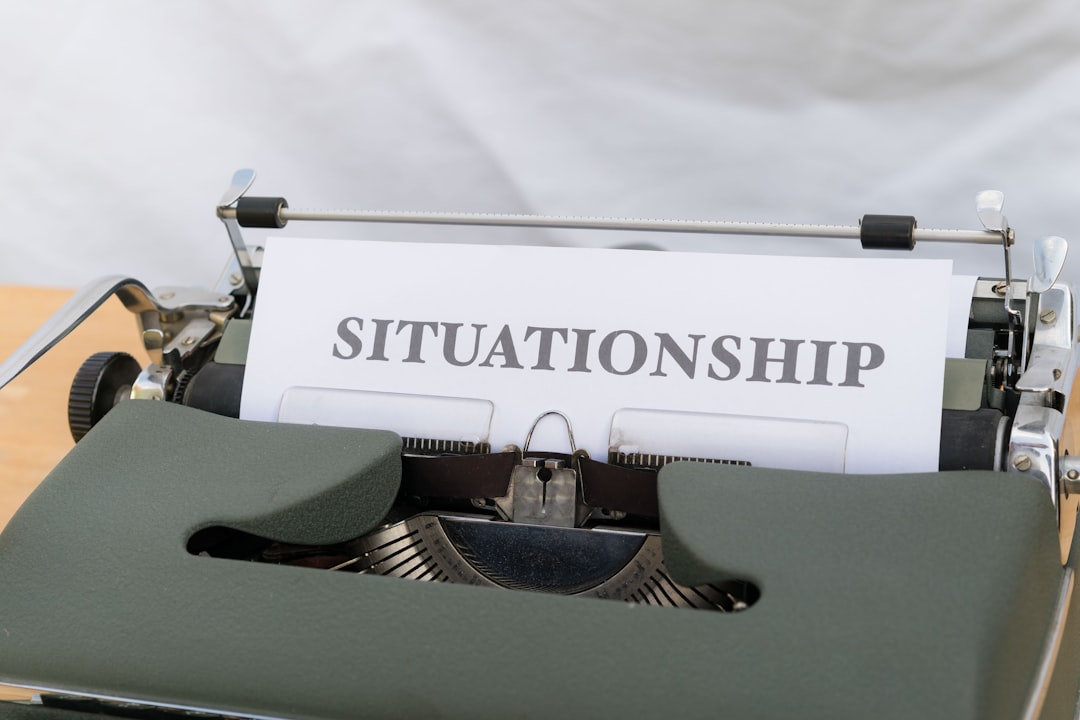In any professional environment, especially in law firms where high-stakes work and long hours are the norms, conflict is inevitable. Whether it arises from personality clashes, miscommunication, competition, or differing legal strategies, how a law firm manages internal conflicts can significantly impact its success and culture. For U.S.-based law firms, conflict resolution is not just about maintaining harmony—it’s also about preserving credibility, enhancing teamwork, and ensuring client satisfaction.
Understanding the Roots of Conflict in Law Firms
Conflicts within legal firms often stem from several key sources:
- High-pressure environment: The demanding nature of legal work can lead to stress and short tempers.
- Ambition and competition: Associates and partners may compete for promotions, recognition, or key clients.
- Communication breakdown: As teams grow, gaps in communication can create misunderstandings and misaligned objectives.
- Diversity of perspectives: Legal professionals may differ on strategic decisions based on experience or interpretation of the law.
These issues don’t just affect internal morale—they can also compromise client outcomes if not managed properly.
Strategies to Manage and Resolve Conflict
A proactive approach is essential. Here are steps law firms can take to mitigate and resolve internal disputes:
1. Open Communication Channels
Encouraging transparent and honest conversation is a strong first step. Regular team meetings, one-on-one check-ins, and open-door policies empower employees to raise concerns early before they escalate.

Fostering a firm-wide culture where feedback is welcomed and expected contributes to trust and camaraderie across departments and teams.
2. Define Roles and Expectations Clearly
Unclear roles often lead to overlap and stepping on toes. Having a well-defined organizational structure along with written descriptions of duties and responsibilities minimizes ambiguity. When employees know their boundaries and scope, misunderstandings are less likely to occur.
3. Implement Conflict Resolution Policies
Every U.S. law firm should adopt a formal conflict resolution policy. This may include:
- A confidential reporting structure
- Designated HR personnel or workplace ombudsmen
- A set protocol for mediating and documenting incidents
- Disciplinary procedures consistent with legal ethics and employment laws
These policies not only provide guidance but also ensure that resolution steps are fair, consistent, and legal.
4. Professional Mediation
When internal discussions fail to reach resolution, involving an external mediator—ideally one familiar with legal workplace dynamics—can offer an unbiased perspective and help parties reach a mutual agreement.

In fact, many law firms already work with consultants or legal workplace specialists to train managers in mediation techniques.
5. Foster Inclusive Leadership
It’s vital that senior partners and managers model respectful, inclusive, and composed behavior. A culture of favoritism, exclusion, or disrespect often starts at the top and filters throughout the firm. Leadership training that emphasizes emotional intelligence, cross-generational communication, and diversity awareness can go a long way in preventing conflict.
Training and Development
Regular employee development workshops on communication, negotiation, and stress management help equip your team with the tools to de-escalate tense situations. Consider implementing quarterly lunchtime training sessions or inviting mental health experts to speak on managing burnout in the legal profession.
Know When to Transition
In rare cases, a dysfunctional relationship cannot be repaired. It’s painful, especially when high performers are involved, but sometimes transitioning an employee out of a team—or even out of the firm—is the best choice for overall stability and growth. Decisions should always be made based on documented behavior and aligned with the firm’s values, not personal biases.
The Long-Term Benefits of Addressing Conflict
Handled properly, conflict can be an opportunity for growth and innovation. It pushes teams to explore new ideas, re-align goals, and strengthen their bonds. A law firm that addresses conflict openly creates a reputation not only for legal excellence but also for integrity and professional maturity.
By combining proactive leadership, structured policies, and a culture of communication, legal firms across the U.S. can turn workplace conflicts into stepping stones for stronger teams and better results.
